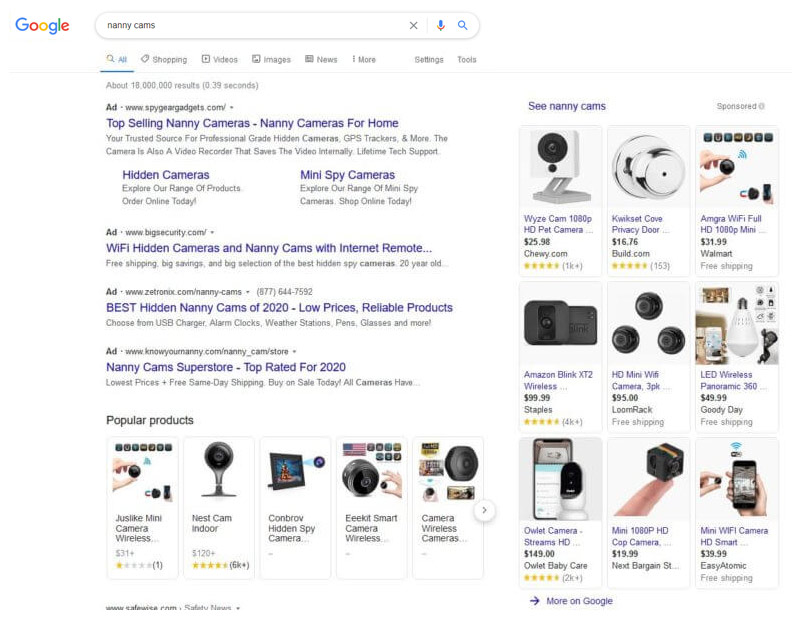
With the ubiquity of smartphones, tracking and spying on someone have never been easier.
Smartphones are equipped with an array of sensors, including the GPS sensor which connects to a network of satellites orbiting Earth to get information about position, velocity, and more. And this can be a problem when people fall as victims to apps that can track them without their permission.
Google is one of the tech companies popular on the web and mobile.
To protect people from potentially malicious tracking software, the company said that it is changing its Google Ads Enabling Dishonest Behavior policy to restrict advertising for spyware and other unauthorized tracking technology.
The policy will prohibit advertisement of spyware and malware “that can be used to monitor texts, phone calls, or browsing history,” according to Google.
Google will also ban ads for “GPS trackers specifically marketed to spy or track someone without their consent” and of cameras or recorders “marketed with the express purpose of spying.”
In general, the change “will prohibit the promotion of products or services that are marketed or targeted with the express purpose of tracking or monitoring another person or their activities without their authorization."
What Google is really concerning, are ads from the so-called 'stalkerware' service that allow people (abusers) to secretly access someone's phone and monitor their activities.
This is why the new rules will specifically target adverts for spyware intended for use against immediate family members or spouses.
Google's changes come after Google was found to host ads promoting stalkerware.
As a result of this, abusive partners specifically have taken advantage of such surveillance tools to target and control victims. Activists have been advocating for more legal protection surrounding stalkerware.

Google has promised to change its advertising practices after many people stated complaining.
The change also followed a research from cybersecurity software company Avast that showed a 51% increase in the use of online spying and stalking apps during lockdowns caused by the global 'COVID-19' coronavirus pandemic.
Avast has also observed a number of COVID-19-related apps designed to spy on users, which collected more information about its users than required to function.
The search giant said the global changes in its ad policy will go into effect on August 11. And if advertisers violate the policy, Google may suspend them without prior notice.
"We routinely updated our language with examples to help clarify what we consider policy violating," the spokesperson for the company said. "Spyware technology for partner surveillance was always in scope of our policies against dishonest behavior."
The move is designed to make it even harder for developers of stalkerware and spyware to reach potential customers for their services, which are also banned from Google's and Apple's stores.
However, Google is giving some exceptions.
For example, ads from private investigation services, or surveillance products and services that allow parents to track and monitor minors and underage children will still be allowed.